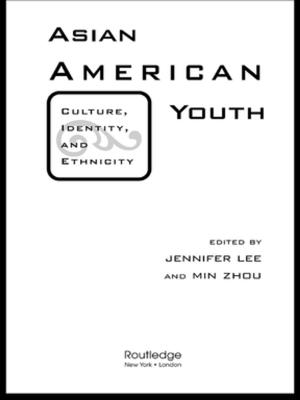The United Nations and the Principles of International Law
Essays in Memory of Michael Akehurst
Nonfiction, Social & Cultural Studies, Political Science| Author: | ISBN: | 9781134887705 | |
| Publisher: | Taylor and Francis | Publication: | September 11, 2002 |
| Imprint: | Routledge | Language: | English |
| Author: | |
| ISBN: | 9781134887705 |
| Publisher: | Taylor and Francis |
| Publication: | September 11, 2002 |
| Imprint: | Routledge |
| Language: | English |
With the fall of communism and the appearance of a new world order, it is hoped that the United Nations will become the principle organisation for the regulation of relations between states as well as for the settlement of conflict. The recent crises over Iraq and the continued bloodshed in the former Yugoslavia have ensured a higher profile for the United Nations but have at the same time placed great pressure on that organisation to resolve conflict and organise relations between states in a manner that is acceptable to the international community.
The essays collected in this volume are published in conjunction with the International Law Group. Providing valuable statements of the fundamentals of international law from leading authorities, they re-examine the Declaration of Principles of International Law Governing Friendly Relations Between States. The Declaration is the nearest thing that states have to an international constitution and embodies the fundamental values of the international legal system. The great changes in the international system since 1989 hold out the prospect of the reinvigoration of the Charter, perhaps for a new system of international legal relations, and make the reconsideration of the Declaration particularly timely.
With the fall of communism and the appearance of a new world order, it is hoped that the United Nations will become the principle organisation for the regulation of relations between states as well as for the settlement of conflict. The recent crises over Iraq and the continued bloodshed in the former Yugoslavia have ensured a higher profile for the United Nations but have at the same time placed great pressure on that organisation to resolve conflict and organise relations between states in a manner that is acceptable to the international community.
The essays collected in this volume are published in conjunction with the International Law Group. Providing valuable statements of the fundamentals of international law from leading authorities, they re-examine the Declaration of Principles of International Law Governing Friendly Relations Between States. The Declaration is the nearest thing that states have to an international constitution and embodies the fundamental values of the international legal system. The great changes in the international system since 1989 hold out the prospect of the reinvigoration of the Charter, perhaps for a new system of international legal relations, and make the reconsideration of the Declaration particularly timely.















